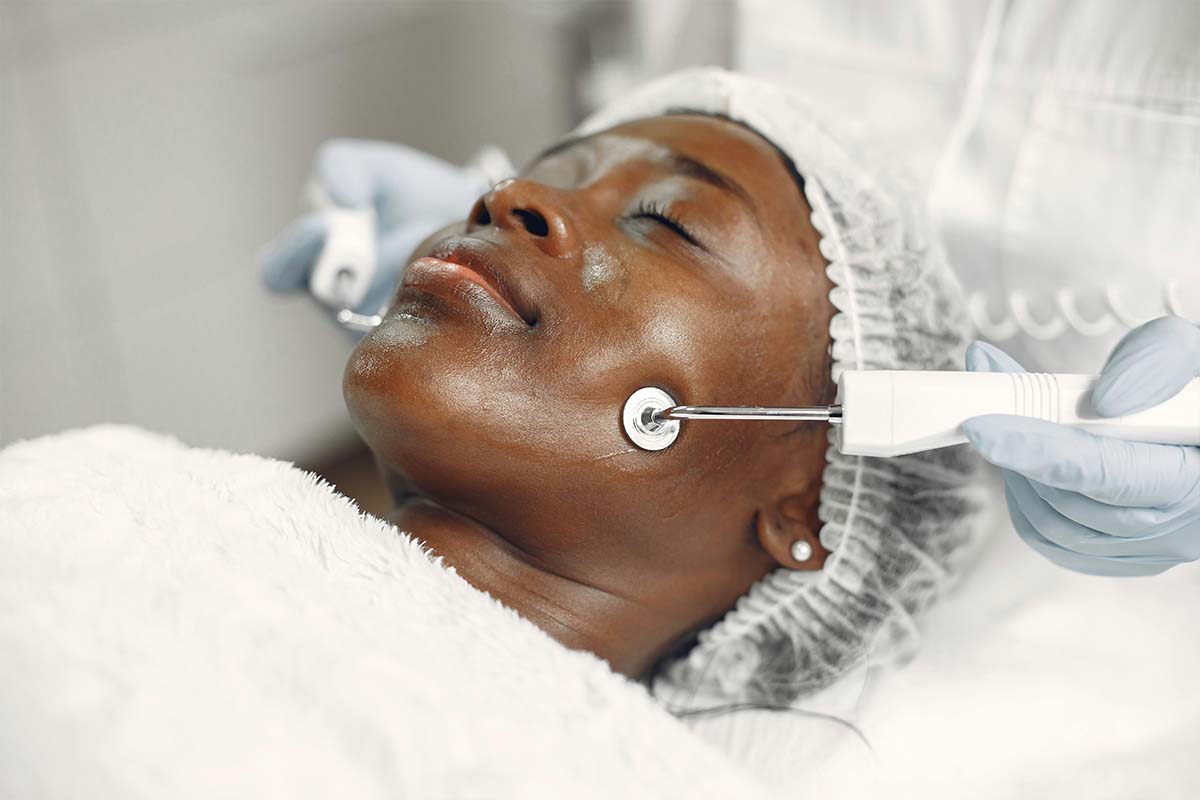Gone are the days when skincare was limited to creams and serums. Today, technology is bridging the gap between dermatology and daily skincare routines. With innovations like DNA-based skincare and microbiome-friendly products, the focus is shifting towards understanding individual skin needs at a deeper level. This article explores the latest tech trends that are revolutionizing the skincare landscape.
1. AI-Powered Skincare Analysis
Artificial Intelligence (AI) is at the forefront of skincare innovation. AI-powered apps and devices analyze skin conditions using high-resolution imaging and algorithms. These tools provide personalized recommendations, helping users choose products tailored to their unique skin needs. Brands like L'Oréal and Neutrogena are leading the way with AI-driven solutions.
2. DNA-Based Skincare
DNA-based skincare takes personalization to the next level. By analyzing genetic markers, companies can predict skin's aging process, sensitivity, and hydration levels. This data is used to create customized skincare regimens, ensuring optimal results.
3. Microbiome-Friendly Products
The skin's microbiome plays a crucial role in maintaining its health. Innovations in this field focus on products that support beneficial bacteria while minimizing harmful ones. This approach helps in managing conditions like acne, eczema, and rosacea.
4. Advanced At-Home Devices
From LED masks to microcurrent devices, at-home skincare gadgets are becoming increasingly sophisticated. These devices offer professional-grade treatments in the comfort of one's home, making skincare more accessible and effective.
5. Sustainable Skincare Technology
Sustainability is a growing concern in the beauty industry. Tech innovations are addressing this by developing eco-friendly packaging, waterless formulations, and refillable containers. Brands are also using blockchain technology to ensure transparency in sourcing and production.
6. Biotechnology in Skincare
Biotechnology is revolutionizing skincare by creating lab-grown ingredients. These ingredients are not only sustainable but also highly effective. For example, lab-grown collagen and hyaluronic acid are being used in anti-aging products.
7. Epigenetic Skincare
Epigenetics studies how environmental factors influence gene expression. Epigenetic skincare products aim to protect the skin from external stressors like pollution and UV radiation, promoting healthier skin.
8. Virtual Reality (VR) in Skincare
Virtual Reality is emerging as a tool for skincare education and product trials. VR experiences allow users to understand their skin better and explore product benefits in an immersive way.
9. 3D Printing in Skincare
3D printing technology is being used to create customized face masks and patches. These products are tailored to fit individual facial contours, ensuring better absorption of active ingredients.
10. Blockchain for Transparency
Blockchain technology is enhancing transparency in the skincare industry. It allows consumers to trace the journey of a product, from sourcing to manufacturing, ensuring ethical practices.
Conclusion: The Future of Skincare
The integration of technology into skincare is just the beginning. As innovations continue to evolve, the focus will remain on personalization, sustainability, and efficacy. These advancements not only enhance the skincare experience but also empower consumers to make informed choices. The future of skincare is bright, and technology is leading the way.


